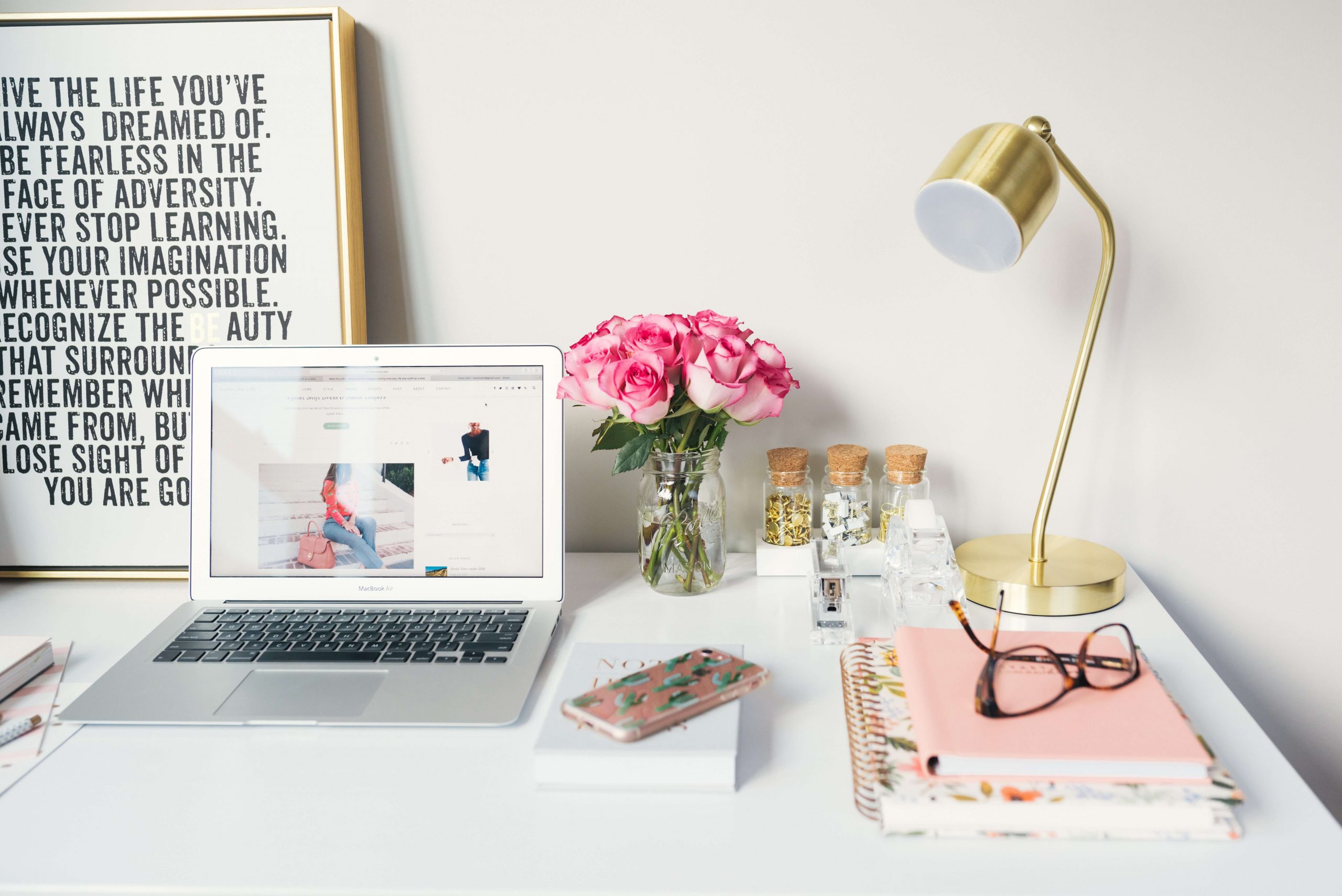2020 has been a challenge, to say the least. Stress levels have been sky high, we’re on edge staying on top of local lockdown rules, and so trying to stay productive at work has been draining for the best of us. How do we know this? Since the UK first announced a national lockdown in March, searches for advice on how to become more productive increased by 34%.
Months on, being productive and managing our mental state is something that we’re still quite concerned about. We’re using new phrases like ‘working from home fatigue’ (+180% YOY) and searching for help on ‘working from home depression’ (+680%) – we’re eager for a change of scene.
But because of the worlds’ ongoing fight with COVID-19, our change in circumstances like working from home isn’t going away anytime soon. So, how can we be realistic about making the working day a productive and inspiring experience for both employees and employers?
We’ve spoken to the experts and have researched into why having a change of scene can improve your working day. Recent research has found that spending just 29 minutes outside can improve productivity! Combining this with colour psychology, we’ve looked into ways to improve your productivity inside and out of the home.
Best colours for productivity, wellbeing, and creativity
Environmental psychologist, Lee Chambers MSc MBPsS, explains that ‘colour is vital’ with certain shades key in making us feel more productive.
“Colour is vital, with blue environments increasing productivity, green environments improving overall wellbeing, and yellow environments increasing information retention and boosting creative output.
“With so many of us now working from home, we have the unique situation of environmental control, yet are likely to be working in an environment we haven’t created with the intention of being productive in our role.”
So where can we find these colours to help us feel more productive?
Go outside
Look long and cast your eyes to the green, earthy tones of a park or forest. If you have a call or a meeting, have a go at hosting it in the park, whether that’s in person or digitally.
And if you’re lucky enough to live near water, such as the beach, a lake, or even a pond, embrace the green and blue colours and let the ideas flow!
Bring the outside in
If you’re unable to go outside or if the weather isn’t great, bring the outside in by adding plants and foliage to your interior.
“With many of us working from home, you can add green to your room through other means than just paint, such as having indoor plants. This way you can get the best of two colours combined into one room such as white and green.” Dennis Relojo-Howell, founder of www.psychreg.org.
Ferns, snake pants and peace lilys, for example, are great a purifying the air. Not only will they add a touch of green to your environment, they’ll provide you with a bit of breathing space as well.
Seek the light
Yellow isn’t everyone’s favourite colour, but seeking sources of yellow in the form of sunlight can make a difference. If you can’t get much natural light at home or in the office, head outside on your break or use your commute to get out in the daylight before it gets dark. Add lamps around the house for the winter months when it gets dark early.
Use your flower power
Research by Bloom and Wild unveiled a study that showed flowers can increase productivity in the workplace. Add flowers to your home and pick colours that have been proven to enhance the working environment.
Dress it up
Decorate your house with powerful colours and take inspiration from a feature wall or a painting.
“Colours have always evoked certain emotions. Even though empirical studies are lacking when it comes to colour’s impact on the brain, we know they have an effect. Whether it’s decorating a room, wearing a certain outfit or adding visuals to a web page, each hue sends out a different message.” added Dennis.
Mix up your routine
Create space to exercise around your desk – that means moving, not literally exercising(!) so that you can stretch your legs and move around your workspace.
“I’ve had clients walk around the block, leaving the psychological home and returning to a psychological workplace. This walk is more than just a simple mind trick, as the sunlight hitting your eyes, the wind against your face and your feet hitting the ground, give you a feeling of sensory acuity and wakefulness, while increased blood flow improves your cognitive function.
“And this same walking, especially in natural environments, gives us the chance to increase our creative thinking while improving our physical health. They increase productivity on return to task, are more focused and more engaged in their work. And these benefits can also be conferred by active commuting.
Those who actively commute, such as cycling to work, also report higher wellbeing, being more productive at work and feeling more connected to the work that they do.” added Lee.
Sources
https://www.researchgate.net/publication/229586737_Work_week_productivity_visual_complexity_and_individual_environmental_sensitivity_in_three_offices_of_different_color_interiors
http://www.apa.org/pubs/journals/releases/xlm-a0036577.pdf
https://www.ncbi.nlm.nih.gov/pmc/articles/PMC5222872/
Psychologist Honey Langcaster-James was tasked by tech manufacturer Lenovo to create a formula proposing the ‘Recommended Daily Nature Allowance’ (RDNA). https://www.independent.co.uk/news/uk/home-news/productivity-work-time-office-outdoors-study-b513816.html
https://journals.sagepub.com/doi/full/10.1177/2158244014525423
https://www.sciencedirect.com/science/article/pii/S1877705811029730









